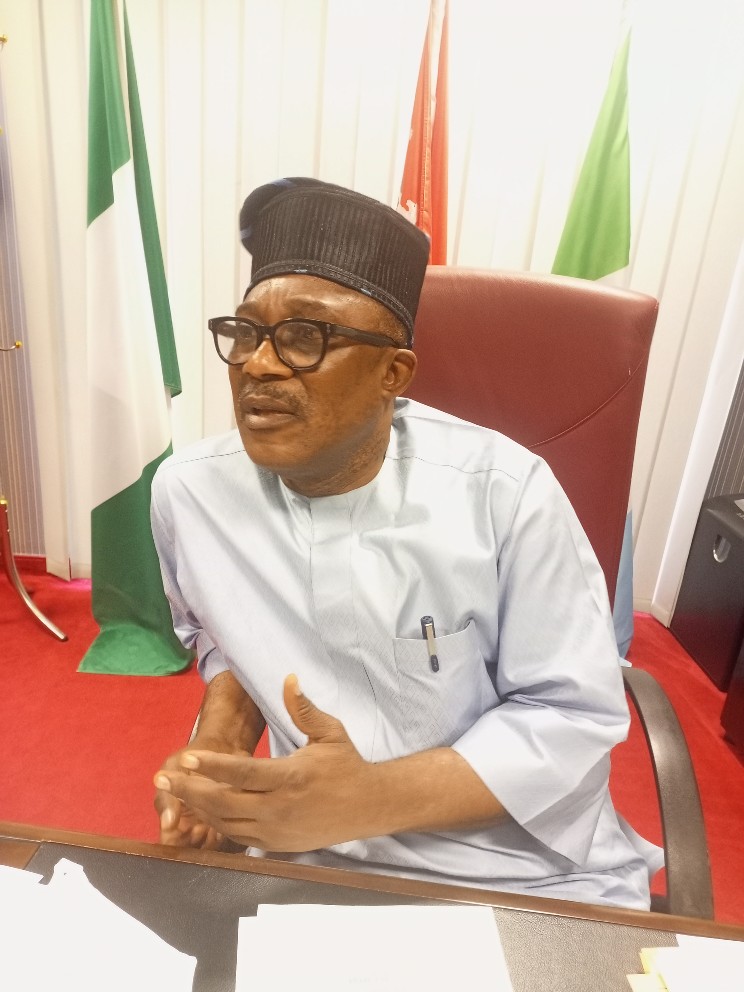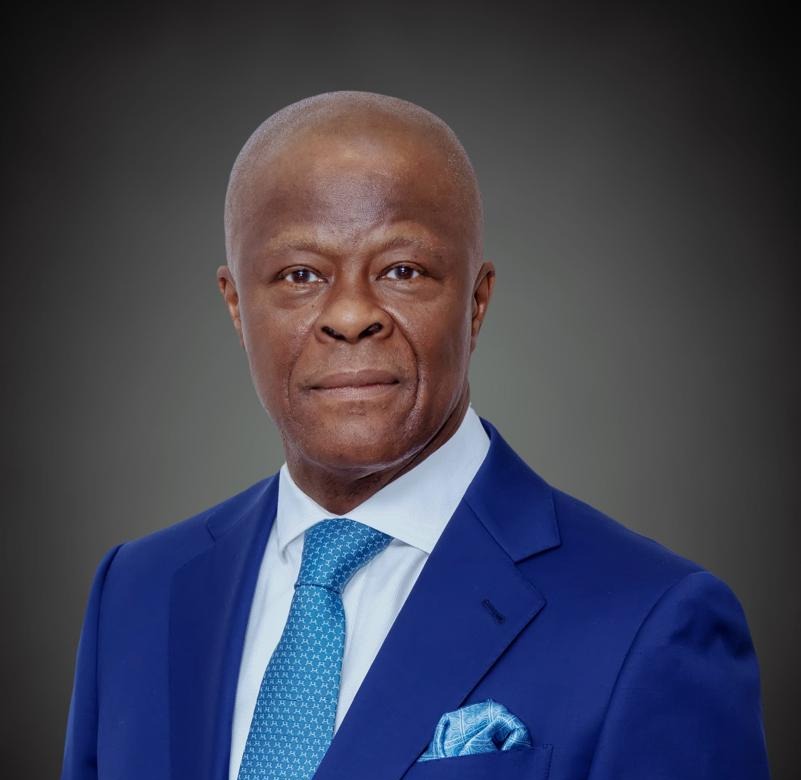***kicks against implementation of ICTN through fraudulent means
**Says there was no competitive bidding
Federal Government does not need to continue to go cap in hand begging to borrow money from one major institution to the other if it’s maritime resources can be properly harnessed, Citizens Advocacy for Social and Democratic Rights (caser), has said.

The group said president Muhammadu Buhari led administration, is hard-hit by financial crunch, making it to resort to a borrowing spree to execute most of its programs because of its failure to harness the resources at the ports.
The group indicated that only recently the House of Representatives just granted an approval to the president to borrow more billions of dollars whereas Nigeria is blessed, Nigeria is gifted naturally with maritime resources that can generate billions of Dollars annually using the ports.
Caser gave the indication at a press conference in Abuja recently while kicking against the current attempts to implement the International Cargo Tracking Note (ICTN) in Nigeria and domiciling its management and operations in the Nigerian Shippers Council.
The Bureau of Public Procurement (BPP) had earlier denounced the move by the Minister of Transportation, Rotimi Amaechi to award the International Cargo Tracking Note (ICTN) contract to a healthcare company, MedTech Scientific Limited, in partnership with Rozi International Nigeria Limited, a property development company.
The procurement agency described the process as embarrassing and illegal, adding that the contract was awarded in clear breach of the Public Procurement Act 2007.
It was learnt that Rotimi Amaechi relied on anticipatory approval from President Muhammadu Buhari to award the said contract, emphasizing national security and economic benefits.
Continuing Caser said the effort is driven only by the corrupt enrichment of a few persons who have mastered the art of deliberate manipulation of government processes for personal gains.
The executive Director and Lead Advocate of Citizens’ Advocacy for Social and Economic Rights (CASER) Frank Tietie said they want the appointment to be terminated because they are being used as puppets to shortchange the interest of Nigeria and the Federal Government.
He said there was no competitive bidding in the process that brought on board incompetent managers for the all important ICTN
“We concur with the published reports that the anticipated approval by His Excellency, President Muhammadu Buhari for the Nigerian Shippers Council to appoint an agent for the implementation of the ICTN in Nigeria was based on highly criminal misrepresentation by the Honourable Minister of Transportation.
Tietie expressed the belief that the transportation minister was a victim of some desperate local and international con men within the maritime sector
“We maintain in the public interest, that such nefarious malfeasance in public procurement must not be allowed or else, there will be another fiasco of the failed implementation of the ICTN as it was in 2011 when million of Dollars accruing to Nigeria were highjacked. He said it will again open a floodgate of revenue loss to the Federal Government through the inaccurate value of imports and exports together with a highly compromised security of international cargo in Nigerian seaports.
Speaking further rhetorically he asked, But can the Honourable Minister of Transportation really claim that he is a victim of public service deceit when he is in fact at the centre of the present malfeasance?
On what is their interest in the matter, he said,
“What we are saying is that the issue of ICTN is too much of a critical importance to the security of Nigeria, again it is also important to the revenue generation of Nigeria.
However, he said because of the under declaration of Cargo values at the port of origin the country had always suffered heavily bleeding as a country in terms of loss of revenue, lost of port charges, port revenue and freight charges, because of under declaration.
“What ICTN does is that there is correct description, correct measurement of value at the port of origin matching with the same information at the port of destination so there cannot be cheating.
“The measurement, the weight, the kind of cargo you are shipping to Nigeria, you cannot as a port inspector be compromised, being paid a few millions of Naira for you to lie, in the manifest that they are not guns but spare parts in order to under value the goods so that the tax payable to Nigeria would become small.
“The reason ICTN has not worked in Nigeria is because we had always engaged incompetent companies TPMS is not only incompetent but they also defrauded Nigeria.
“As we speak millions of Euros accruing to Nigeria are held by TPMS because it collected on behalf of Nigeria and it has not remitted them
Nobody is asking questions, EFCC agreed that it is only €3 but the information available to us is that it is much more than that almost €40m acruable to Nigeria, collected by TPMS on behalf of Nigeria using ICTN they did not remit.
Meanwhile it turned out that TPMS does not have the competence for managing the import and export of cargo into Nigeria. What we are saying is let the appointment process be opened.
“If President Buhari at a time had directed according to section 40 of the Public procurement act that there should be international competitive bidding so be it.
“Ameachi cannot as minister of transportation waive off the directives of the President, go back and deceive the President that there are only two competent companies, only for the President to make approval and for the companies to now turn around that they don’t have the competence anymore but that there is a company in UK called Freedmark that have the competence only for us to discover Freedmark UK does not exist, they now say it is Fredmark Italy,and that is a company known for malfeasance across Africa.
“What we are asking for is that there should be opened international Competitive bidding so that the best company that does have a portal to run ICTN be appointed.”




